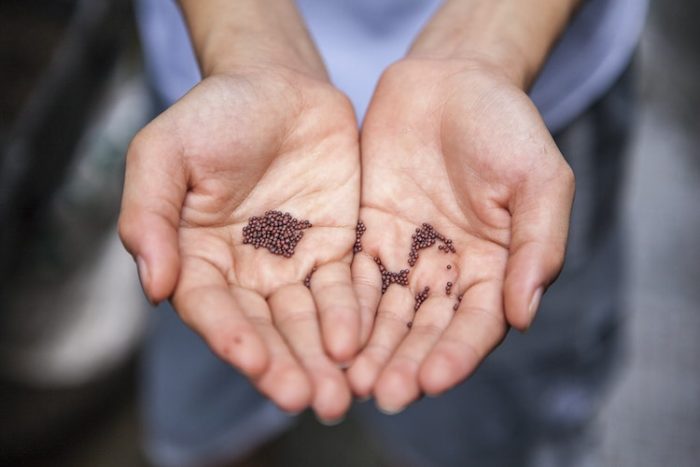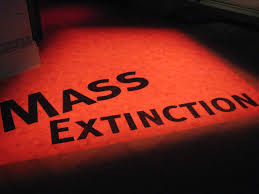 By Sara Tipton
By Sara Tipton
Demand for seeds is at an all-time high! With grocery store shelves emptying and the prices constantly going up on what’s left, people have started to look for alternative methods of eating, and growing their own food has become the simplest way to achieve that.
The popularity of gardening is surging, which means things like seeds have been harder to find. With seed buying spiking as much as 300% in 2020, many varieties were out of stock early in 2021. Experts predict your favorite seeds may still be hard to come by again this year, but they’ve got a few tips to help you shop for seeds successfully.
First, consider seed swapping. Seed swapping has been going on for time immemorial, as people traded the seeds they had for seeds they needed as a means of both cultivation and survival. You can trade with your neighbor or even ship seeds to someone else across the country. And even before seeds became this year’s hot ticket item, the practice of seed swapping—particularly for local, heirloom, or rare saved seeds—has been experiencing something of a revival because the hybrid varieties simply don’t produce seeds that will generate a plant.
Another benefit of seed saving and seed sharing is the family bond and educating children about nature. Studies have shown that kids who enjoy gardening and planting and saving their seeds grow up to eat a healthier diet than those who don’t. Children are naturally curious and every planting season is filled with excitement and joy. They all want to taste the fruits of their labor, so why not start a new family tradition beginning with heirloom seeds?
You could also just simply share your seeds with your neighbors! Make friends, and teach them how to save the seeds so they can pass them on and share with others too. The cycle of seed giving could create a wave of kindness the world likely desperately needs right now.
So, even though we are all experiencing shortages in some of our normal purchases, it’s time to get creative and utilize the opportunities we have around us. If your neighbors have a garden, maybe it’s time to strike up a conversation with them about gardening and see if they want to share some of their secrets (and some of their favorite seeds), look locally at garden stores to see if they have seeds still available, or look online. No one knows how long these shortages will continue, so it may be a good idea to stock up on these to create a foundation of food secrurity.
https://www.naturalblaze.com/2022/05/is-there-a-seed-shortage.html

 By Ethan Huff – Natural News
By Ethan Huff – Natural News By Mary Villareal – Natural News
By Mary Villareal – Natural News